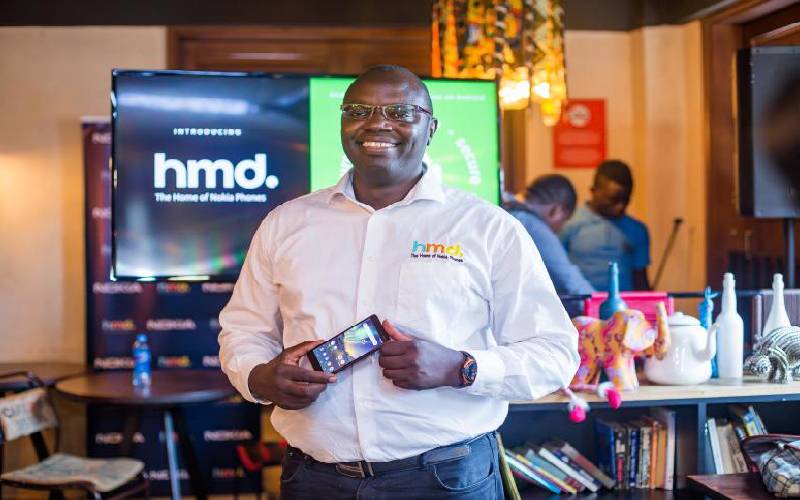×
The Standard e-Paper
Smart Minds Choose Us

In the late 90s and early 2000, most Kenyans had an unending love affair with Nokia phones that unfortunately did not last. But this could be rekindled, according to the firm’s global marketer HMD Global. Financial Standard spoke to its East Africa Senior Business Manager about the brand’s aggressive re-entry.
How has business been since your relaunch three years ago?